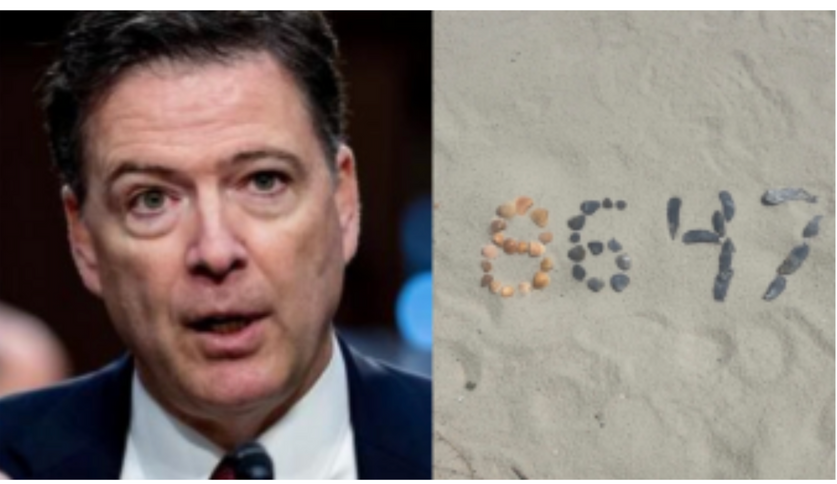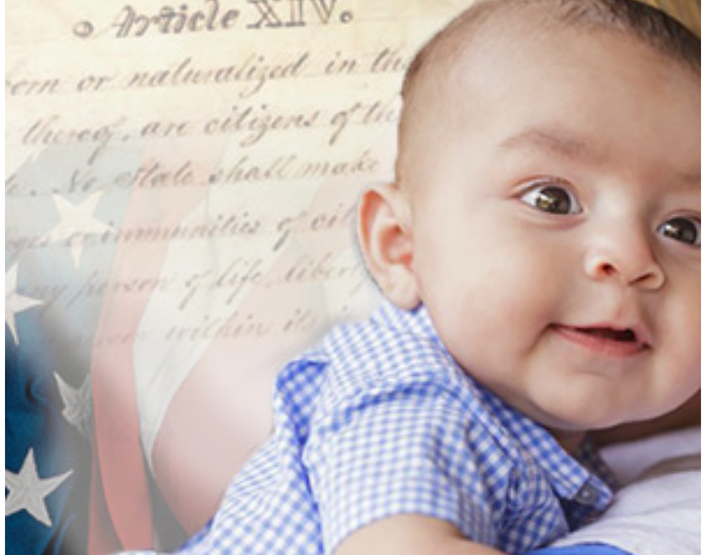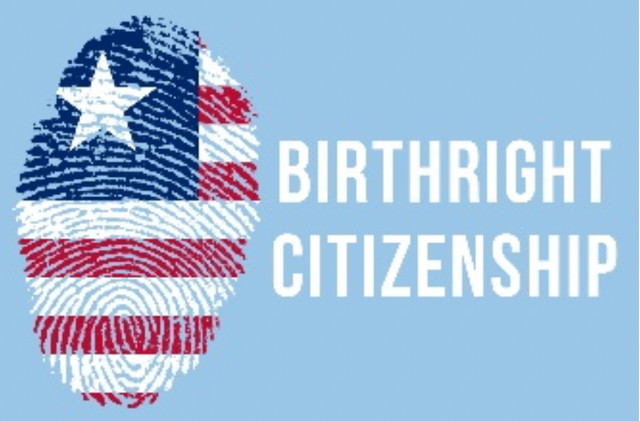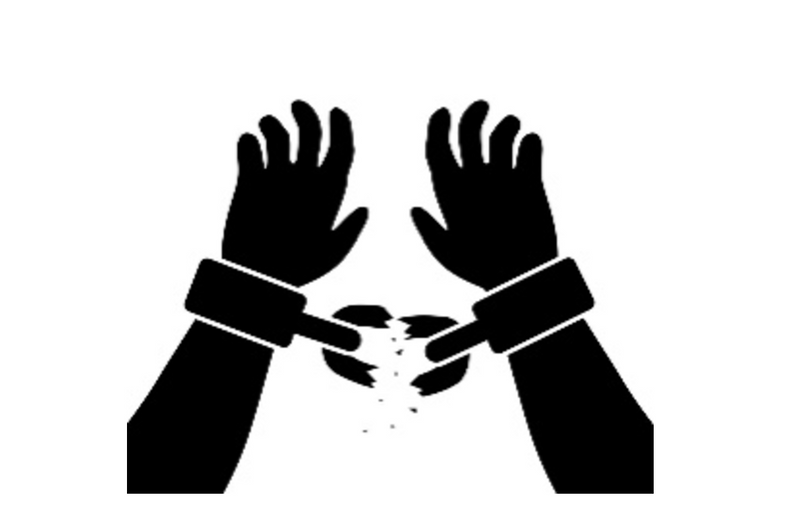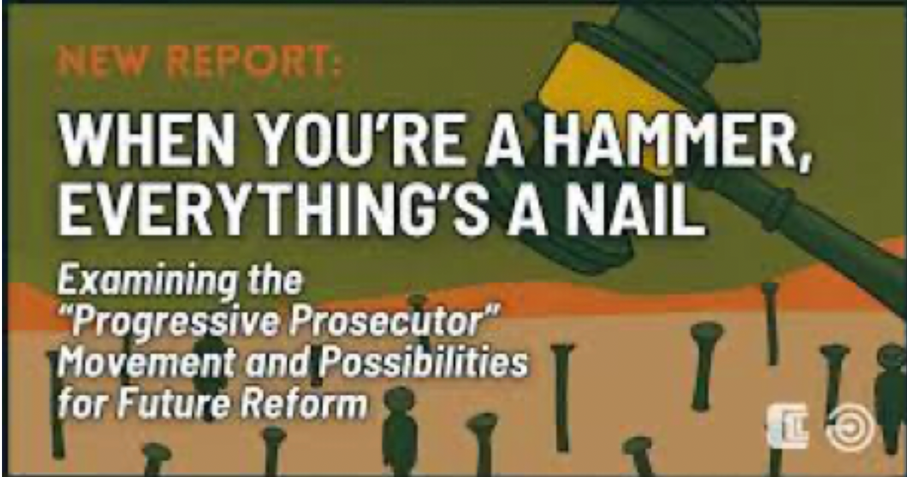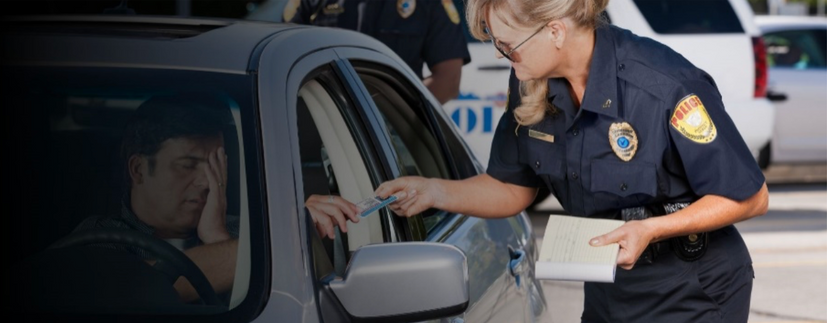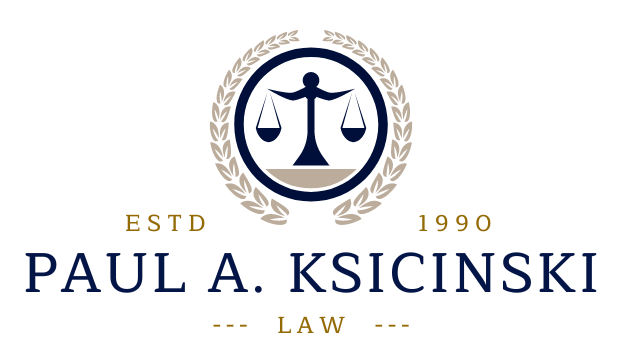THE INIQUITY OF THE CHILD SHALL BE VISTED UPON THE PARENTS: DEFINING APPROPRIATE PARENTING BY CRIMINAL PROSECUTION
THE INIQUITY OF THE CHILD SHALL BE VISTED UPON THE PARENTS: DEFINING APPROPRIATE PARENTING BY CRIMINAL PROSECUTION
The parents, Jennifer and James Crumbley, of a Michigan school shooter have been found guilty of involuntary manslaughter. We know that our state and federal politicians refuse to do anything about guns being used to kill in schools beyond offering useless thoughts and prayers. However, state and federal politicians have insulated the gun industry itself from taking responsibility for this type gun crime. I know from defending many homicide cases, when there is a tragic death, it is natural that people want to blame somebody. In cases where a child shoots another child in school, it now is time to blame the parents. But is blaming the parents the way to stop school shootings?
Many believe that by punishing the parents, crime by the child will be diminished. It is an old belief. Family historian John Demos traced the antecedents of contemporary parental responsibility statutes at least to the seventeenth and eighteenth centuries, when poor parents would be summoned to court, admonished, and if they did not improve, have their children taken away. Lynn Smith, Can We Really Legislate Good Parenting?, L.A. TIMES, Jan. 18, 1995, at El. But what is the basis to back up such a belief? See, Michelle L. Casgrain, Note, Parental Responsibility Laws: Cure for Crime or Exercise in Futility?, 37 WAYNE L. REV. 161, 165 (1990) (discussing popular belief that “if a child [is] bad, the parent [is] necessarily bad”)
Anyone can have a belief. However, beliefs not based on evidence are little value in the law. To date, no empirical study has been conducted to support the claim that these laws have an impact on youth crime. For example, Paul Alexander, a judge from Toledo, OH, tracked more than 1,000 cases of contributing to the delinquency of a minor cases between 1937 and 1946, half of which involved parents. According to Judge Alexander, 75 percent of the parents pleaded guilty or were convicted, and of them, 25 percent were sent to prison as a part of their sentence. Although parents prosecuted under the statute exhibited some positive change in their parenting skills, the number of parents arrested steadily increased over the 10-year period. On the basis of this experience, Judge Alexander noted: “We find no evidence that punishing parents has any effect whatsoever on the curbing of juvenile delinquency imprisonment means breaking up the family; fining means depriving the children and family of sustenance.” Gilbert Geis & Arnold Binder, Sins of Their Children: Parental Responsibility for Juvenile Delinquency, 5 Notre Dame J.L. Ethics & Pub. Pol’y 307 (1991).
As Professor of law and psychology at the University of Nebraska-Lincoln Eve Brank has pointed out:
A clear relationship between parents and children does not afford justification for blaming or punishing parents. To explain, research has demonstrated a connection between parents’ behaviors and children’s behaviors, but that connection is tenuous, at best. Not only are the predictive models not perfect, but any number of intervening factors, such as the child’s own temperament and personality, can influence outcomes. Further, even if there was a perfect predictive model, we do not know if punishing and blaming the parents will result in specific or general deterrence for either the juveniles or parents. To take this out of the parent-child setting, imagine a university policy that deducts from professors’ pay when students fail their classes. Even though educational research has clearly demonstrated that there is a correlation between teaching and student learning, it seems syllogistically irrational to punish faculty in this situation. Similarly, imposing punishments on parents violates legal and social principles, including culpability determinations and appropriate attributions of blame.
Likewise, Peter Greenwood, the director of criminal justice research at RAND, a nonprofit research organization, said, “I’ve never seen any studies to show that [parental responsibility laws] work,” while he commented favorably about teaching parenting skills early. Lynn Smith, Can We Really Legislate Good Parenting?, L.A. TIMES, Jan. 18, 1995, at El. Barry Krisberg, the president of the National Council on Crime and Delinquency sharply criticized the laws:
Most of these laws are a complete waste of time It’s country club criminology. It sounds good in the suburbs but in reality it’s an empty threat because if you carry it out you just further endanger and pull apart families We have a serious juvenile-crime problem no one wants to confront, so we end up in an endless search for the delinquency solution of the month…. One month it’s tough love. Then it’s boot camp. Now it’s parental responsibility. Peter Applebome, Parents Face Consequences as Children’s Misdeeds Rise, N.Y. TIMES, Apr. I 0, I 996, at A I.
Krisberg continued, “Does anyone believe a 16-year-old mother who’s never had much parenting herself and doesn’t know anything about parenting is going to become an ideal mother because of laws on the books that she’s going to get arrested? Maybe it’s an IQ test: Anybody who’d believe that would fail.” See also, Naomi R. Cahn, Pragmatic Questions About Parental Liability Statutes, 1996 WIS. L. REV. 399, 418-23; Elena R. Laskin, Note, How Parental Liability Statutes Criminalize and Stigmatize Minority Mothers, 36 AM. CRIM. L. REv. 1195, 1208-14 (2000). As Ekow Yankah, a University of Michigan law professor has explained, “Frankly, communities of color really learned that — as is so often the case — when we pass more criminal statutes the people who are in the crosshairs are politically vulnerable. It was a lot of Black mothers, and so those statutes kind of faded out of popularity.” This clearly raises a question of equal protection about parental responsibility laws.
Vicarious parental liability statutes seek to impose criminal liability on a parent for supposedly not correctly parenting their child which leads to criminal conduct by the child. In other words, the State gets to tell what is good and bad parenting. The United States Supreme Court has held that “constitutional interpretation has consistently recognized that the parents’ claim to authority in their own household to direct the rearing of their children is basic in the structure of our society.” Ginsberg v. New York, 390 U.S. 629, 639 (1968). Emphasis added. The United States Supreme Court has “recognized on numerous occasions that the relationship between parent and child is constitutionally protected.” Quilloin v. Walcott, 434 U.S. 246, 255 (1978). This is “basic civil rights of man,” Skinner v. Oklahoma, 316 U.S. 535, 541 (1942), and “rights far more precious . . . than property rights.” May v. Anderson, 345 U.S. 528, 533 (1953). United States Supreme Court decisions “establish that the Constitution protects the sanctity of the family precisely because the institution of the family is deeply rooted in this Nation’s history and tradition.” Moore v. City of East Cleveland, Ohio, 431 U.S. 494, 503 (1977) (plurality opinion). Indeed, when confronted with a case involving parent and child, a court must give great weight to the sanctity for the relationships that develop within the unitary family. Michael H. v. Gerald D., 491 U.S. 110, 123-24 (1989) (plurality opinion) (rejecting biological father’s liberty interest for the historically recognized rights of the marital father). See, Kenosha Cnty. Dep’t of Human Servs. v. Jodie W., 2006 WI 93, 293 Wis. 2d 530, 716 N.W.2d 845 (holding that the mother, Jodie, had a fundamental liberty interest in parenting her son).
“[F]reedom of personal choice in matters of family life is a fundamental liberty interest protected by the Fourteenth Amendment.” Santosky v. Kramer, 455 U.S. 745, 753, (1982). This freedom of personal choice in family matters gives parents wide latitude in deciding how to discipline their children without “undue, adverse interference by the State.” Bellotti v. Baird, 443 U.S. 622, 639 n.18 (1979); Prince v. Massachusetts, 321 U.S. 158, 166(1944) (finding there exists a “private realm of family life which the State cannot enter); Maynard v. Hill, 125 U.S. 190, 205 (1888) (the legislature, when not restrained by constitutional provisions and a regard for fundamental rights of citizens which are the basis for all government, will act upon everything).
Protected parental choice has been a reoccurring theme in a number of United States Supreme Court opinions in a variety of contexts. See, e.g., Wisconsin v. Yoder, 406 U.S. 205, 213-14 (1972) (holding that parents’ “fundamental interest” in guiding their children’s religious upbringing is reflected in the “history and culture of Western civilization”); Skinner v. Oklahoma, 316 U.S. 535, 541 (1942) (holding that marriage and procreation are basic civil rights); Pierce v. Society of Sisters, 268 U.S. 510, 518 (1925) (stating that parents have a liberty interest in guiding their children’s intellectual and religious development); Meyer v. Nebraska, 262 U.S. 390, 399 (1923) (recognizing the authority of parents to control their children’s education)[1]. The due process, see Moore v. City of East Cleveland, 431 U.S. 494, 501-02 (1977); Meyer, 262 U.S. at 399 and equal protection, see Caban v. Mohammed, 441 U.S. 380, 391 (1979); Stanley v. Illinois, 405 U.S. 645, 649 (1972) clauses of the Fourteenth Amendment, and the Ninth Amendment, see Griswold v. Connecticut, 381 U.S. 479, 487-99 (1965) (Goldberg, J., concurring) (asserting that the Court should consult the “‘traditions and [collective] conscience'” of the country as a source of establishing fundamental rights), each provide the family unit with protection from unwarranted state intrusion. See also, State v. Zittlow, 2001 WI App 121; 244 Wis. 2d 287; 628 N.W.2d 437, citing In re Z.E.R., 225 Wis. 2d 628, 648, 593 N.W. 2d 840 (Ct. App. 1999); State v. Teynor, 141 Wis. 2d 187, 200, 414 N.W.2d 76 (Ct. App. 1987).
Given the fundamental protection given to the parent child relationship with which the state may not have undue, adverse interference, vicarious parental liability statutes are questionable given their lack of empirical evidence to support punishing parents has any effect whatsoever are reducing juvenile criminal behavior. There must be a correlation between parenting and the child’s conduct. If this relationship is absent, culpability is missing and the threat of criminal liability imposed by these parental liability statutes cannot compel parents to better monitor their children’s activities. “Numerous studies have concluded that even though parenting may be one factor that increases the likelihood that the child will commit a delinquent act, there are other contributing factors, including socioeconomic status, biological factors, and the media. Further, there is no exact science to parenting and no exact way of anticipating how the child will react in every situation. Because no direct relationship exists between a parent’s parenting and her child’s malfeasance, a parent is not culpable and should not be held liable for every bad act of her child.” Tomaszewski, A., From Columbine to Kazaa: Parental liability in a new world. University of Illinois Law Review, 573-599 (2005). See also, Kathryn J. Parsley, Constitutional Limitations on State Power to Hold Parents Criminally Liable for the Delinquent Acts of Their Children, 44 Vanderbilt Law Review 441, 468 (1991). Thus parental liability statutes can be viewed as crass political maneuvering by politicians as a result of a terrible tragedy. Eric Paul Ebenstein, Note, Criminal and Civil Parental Liability Statutes: Would They Have Saved the 15 Who Died at Columbine?, 7 CARDOZO WOMEN’S L.J. 1, 17 (2000).
So where does that leave us? Perhaps we should listen to Scarlett Lewis, the mother of Jesse Lewis who was killed at Sandy Hook Elementary School in Connecticut. Ms. Lewis is on a mission to stop school shootings through Jesse Lewis Choose Love, one of several nonprofits created by Sandy Hook families. Ms. Lewis states a common sense approach without political frills:
I have learned through my experience that every one of us needs to step up and take responsibility for what is causing these children to perpetrate these horrific events. We are in this together and change is needed.
After school shootings people tend to separate themselves into two camps. One wants to strengthen gun laws by expanding background checks and outlawing certain kinds of weapons. The other wants to focus on mental health. Which is the right approach?
The first approach hasn’t worked. In fact, it seems that it has actually amplified the issue. We continue to implement school safety in a physical sense, for example, by locking doors and arming school resource officers. We aren’t addressing the real cause of the problem: the mental health and well-being of our children.
We need to shift our focus to teaching children how to manage the difficulties in their lives, how to cope with challenges, and how to have healthy relationships and connections. Creating a connected, compassionate, and loving home and school culture can prevent grievances from escalating into attacks. Society is failing in keeping our children safe. We need to re-focus on the needs of our children.
Protect your privacy rights in a criminal case by calling Attorney Paul Ksicinski at 414-261-6222.
[1] In Meyer, the Court explained how the American system places the duty to raise a child first on the parents with the State only have a secondary role when it contrasted the parental role in American society to that of the parental role in ancient Greece. American society gives parents more authority and discretion because in America, we value the role of the individual rather than the collective valued in ancient Greece. Meyer 262 U.S. at 401-02
